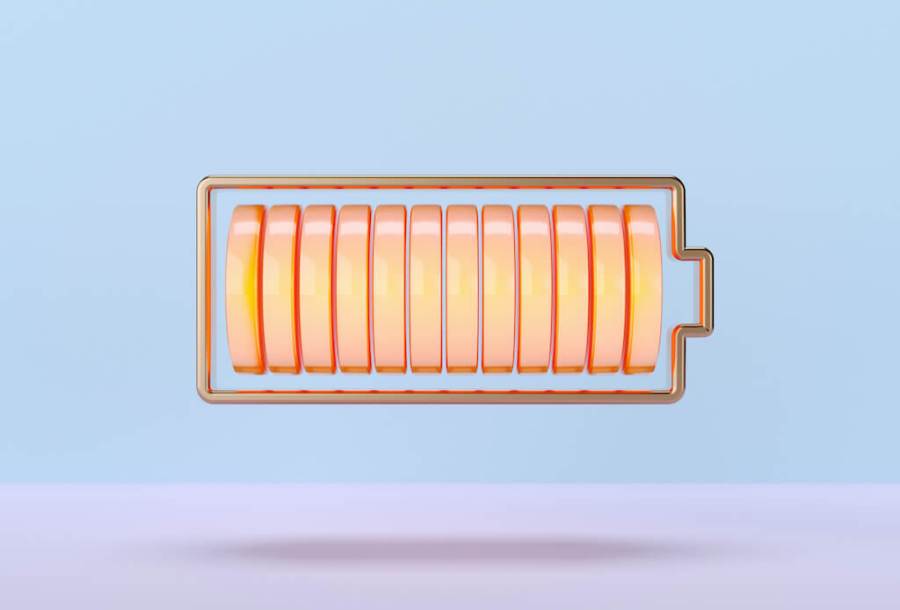If you’ve been struggling with low energy, naturopath and nutritionist Michelle Sanchez suggests the following dietary and lifestyle changes to put a spring back in your step.
5 issues that could be affecting your energy levels
1. Nutrient deficiency
A poor diet, deficient in key nutrients like magnesium and B vitamins can lead to fatigue, as your cells don’t have the necessary vitamins and minerals to produce cellular energy.
2. Sugar overload
Eating too much sugar and refined carbohydrates (bread, pasta, pizza, cakes and cereals) triggers your blood sugar levels to spike rapidly.
Even though that will give you a quick energy boost, your blood sugars will soon come crashing down, leaving you feeling tired again.
3. Excess caffeine
Caffeine overstimulates the adrenal glands and puts the body into a stress response.
It can also cause insulin resistance, which means your body can’t get fuel (glucose) into your cells, resulting in fatigue.
4. Dehydration
Insufficient water intake dehydrates cells, meaning they aren’t able to work efficiently.
Seventy per cent of the body is made up of water, and you need to constantly replace fluids lost throughout the day. Aim for a minimum of eight medium glasses each day.
5. Thyroid function
Low iron levels and poor thyroid function can also cause energy and endurance issues.
Iron is essential for energy production in the body, while the thyroid gland controls the metabolism, helping turn food into energy.
Natural strategies to increase energy levels
Exercise regularly
Working out improves blood flow, enabling more oxygen and nutrients to get into your cells to produce energy.
Sleep soundly
Adopt a good sleep routine to allow your body and brain to wind down at night.
Eat dinner early, avoid excessive screen time, and do something relaxing before bed.
Reduce sugar
Opt for natural, energy-boosting foods instead: fruits and vegetables, wholegrains (oats, brown rice, millet), quality protein (nuts, seeds, quinoa, beans, lentils), good sources of fats (avocados, flaxseed oil) and superfoods (such as maca, maqui berry and spirulina).
These foods are also high in magnesium and B vitamins, which are essential nutrients for energy production.
Drink more
Stay hydrated and keep your cells energised by drinking filtered water with fresh lemon.
Lemon stimulates the digestive system, which improves nutrient absorption.
Supplement with magnesium
It’s an essential mineral needed for over 300 chemical reactions in the body, including producing cellular energy, aiding muscle recovery, boosting mood, transmitting nerve impulses and pumping the heart.
The College of Naturopathic Medicine has a 22-year track record training successful natural therapy practitioners in class and online. Visit cnmcourses.com or call 01342 777 747











